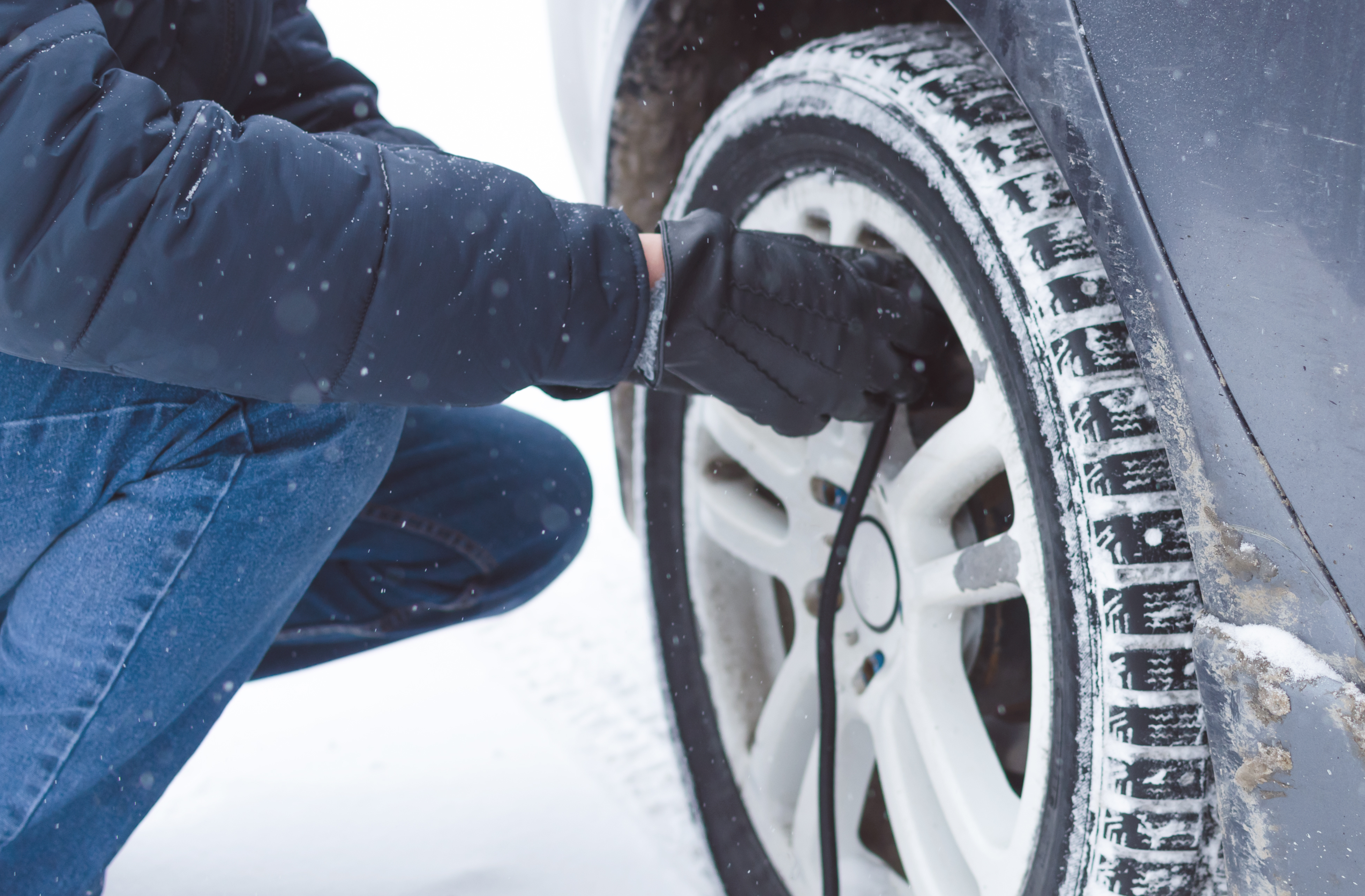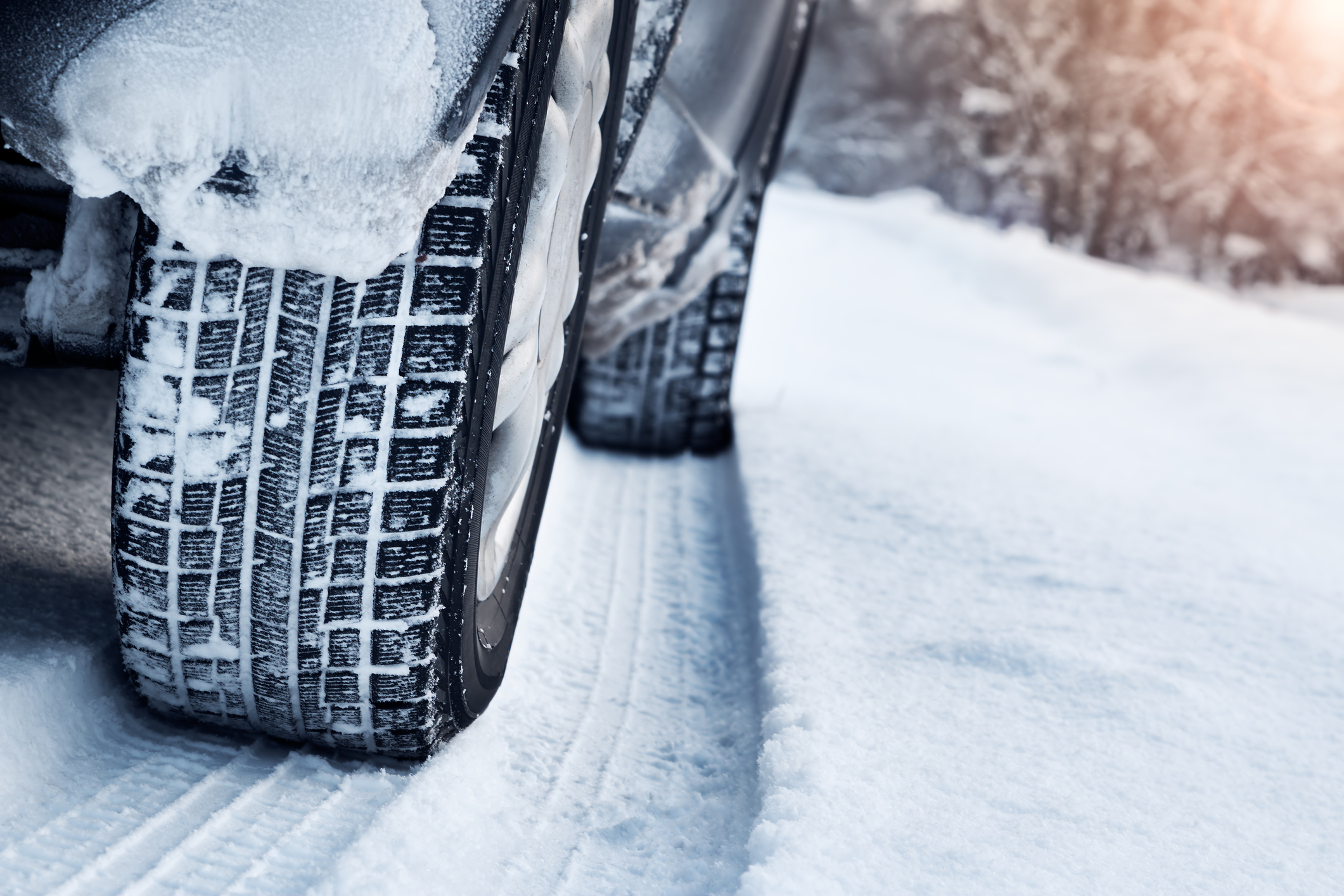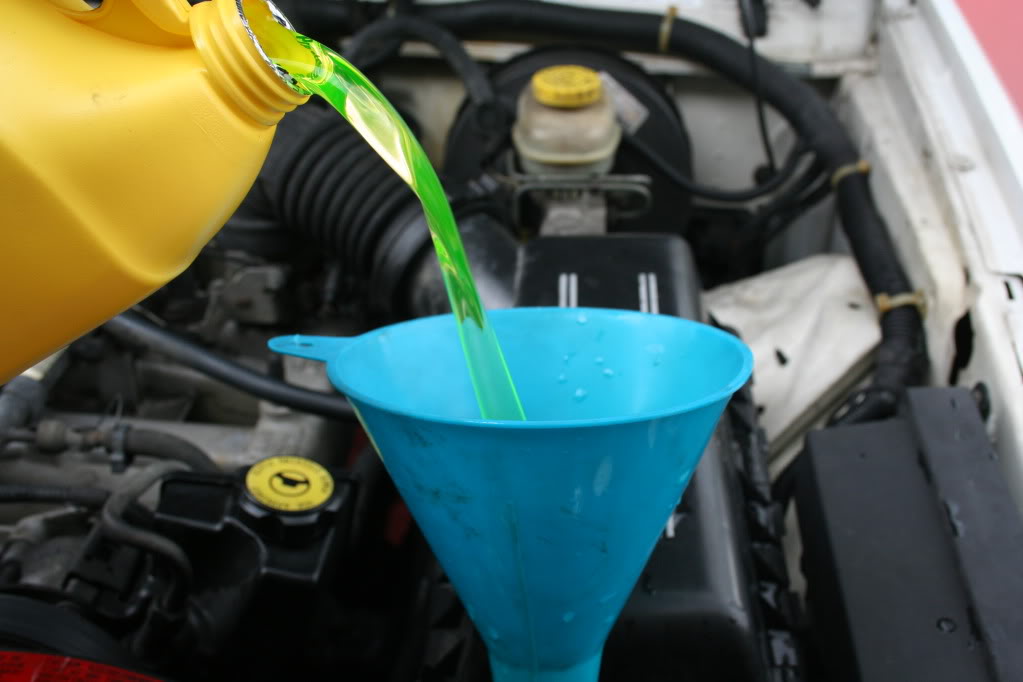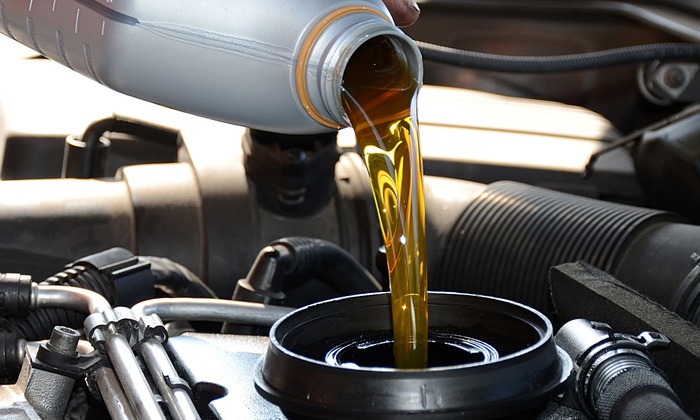1. Check Tire Tread and Air Pressure
It is recommended to check the tire's remaining tread life and to look out for any uneven or unusual wearing. Worn and balding tires can be highly dangerous, specially during the winter. Tire pressure should be kept at the recommended PSI or slightly higher if the winter season is approaching. Tires tend to lose pounds of air pressure during the winter season; subsequently, your vehicles TPMS system may alert you of low tire pressure.
Good tire tread is the key to staying on the road and staying safe when the weather includes snow and ice. You can do your part to ensure your tires are in good shape with just a few simple steps.
2. Switch To Snow Tires (If necessary)
The majority of cars sold today are sold with all season tires. These are perfect for drivers who live in areas that don’t experience extreme cold, rain, ice, or snow. Those living in a snowy area should consider switching their summer tires in exchange for snow tires. Snow tires (also known as winter tires) are specifically designed to remain functional during the winter months. In the extreme cold, the specially formulated rubber remains soft and flexible while displacing snow. This flexibility allows the tire to maintain constant traction and provide stability.
3. Check your engine coolant
As the name implies, antifreeze keeps your engine from freezing during the cold winter months. Without it, your engine can freeze and prevent your vehicle from turning on or running.
By following your vehicle's manual, you check your antifreeze levels. If the antifreeze level is low, you can simply top it off with more antifreeze.
4. Install Winter Windshield Wipers and Washer Fluid
During a harsh climate like winter, your regular all-season windshield wipers will not cut it. Winter windshield wipers are rubber-clad blades that prevent ice and snow build-up on themselves. We highly recommend purchasing some if you live in snow-prone areas.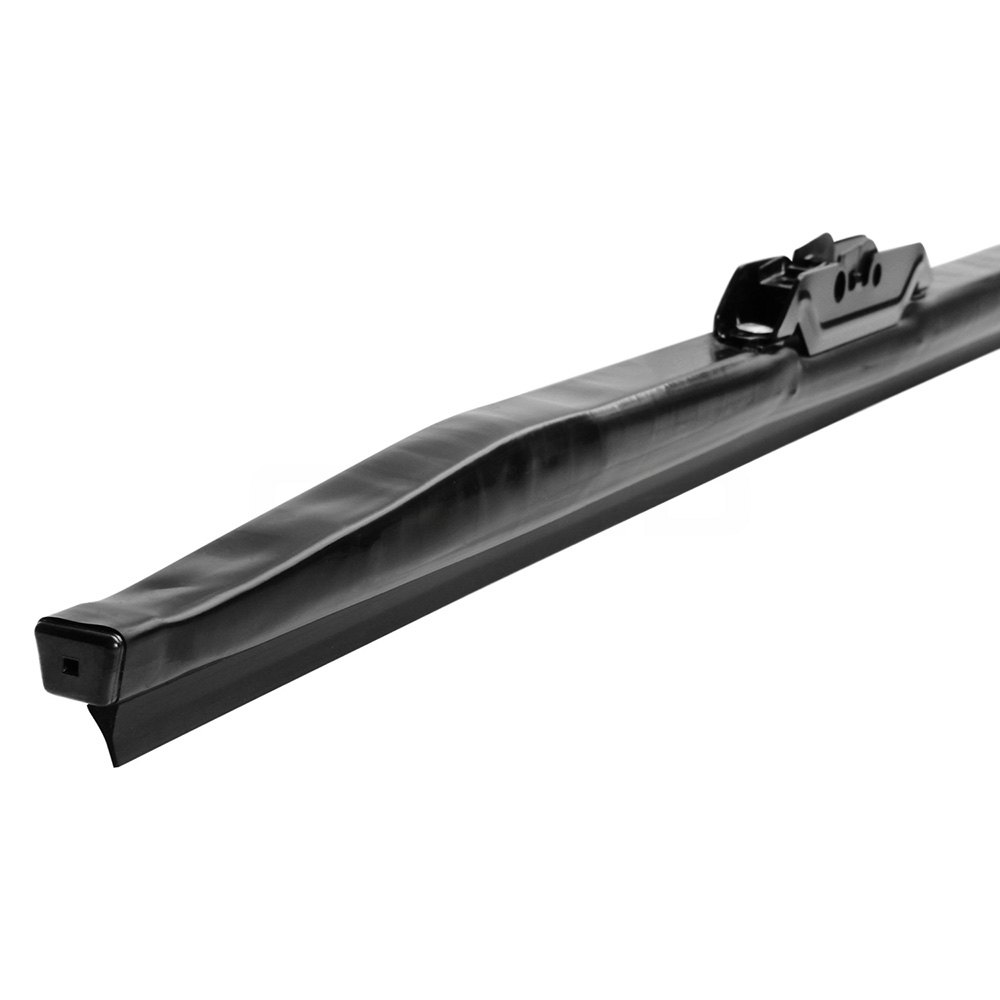 When winter comes, switch out your washer fluid for winter washer fluid. Although this may not be necessary in certain locations such as Southern California, winter washer fluid is extremely useful. Most are specifically designed to help loosen ice and snow from your windshield, making it much easier to deice your vehicle.
When winter comes, switch out your washer fluid for winter washer fluid. Although this may not be necessary in certain locations such as Southern California, winter washer fluid is extremely useful. Most are specifically designed to help loosen ice and snow from your windshield, making it much easier to deice your vehicle.
5. Switch To A Winter-Grade Oil
If you live in an area with where the winter months can be excruciatingly cold, you may want to switch to a winter-grade engine oil. You will want to chose a thinner engine oil. For example, if you normally use 10W-30 oil on your vehicle, then you may want to use 5W-30 oil during the winter months. The viscosity of your oil in colder weather is indicated by the first number in the oil specification, with a lower number indicating thinner oil.

